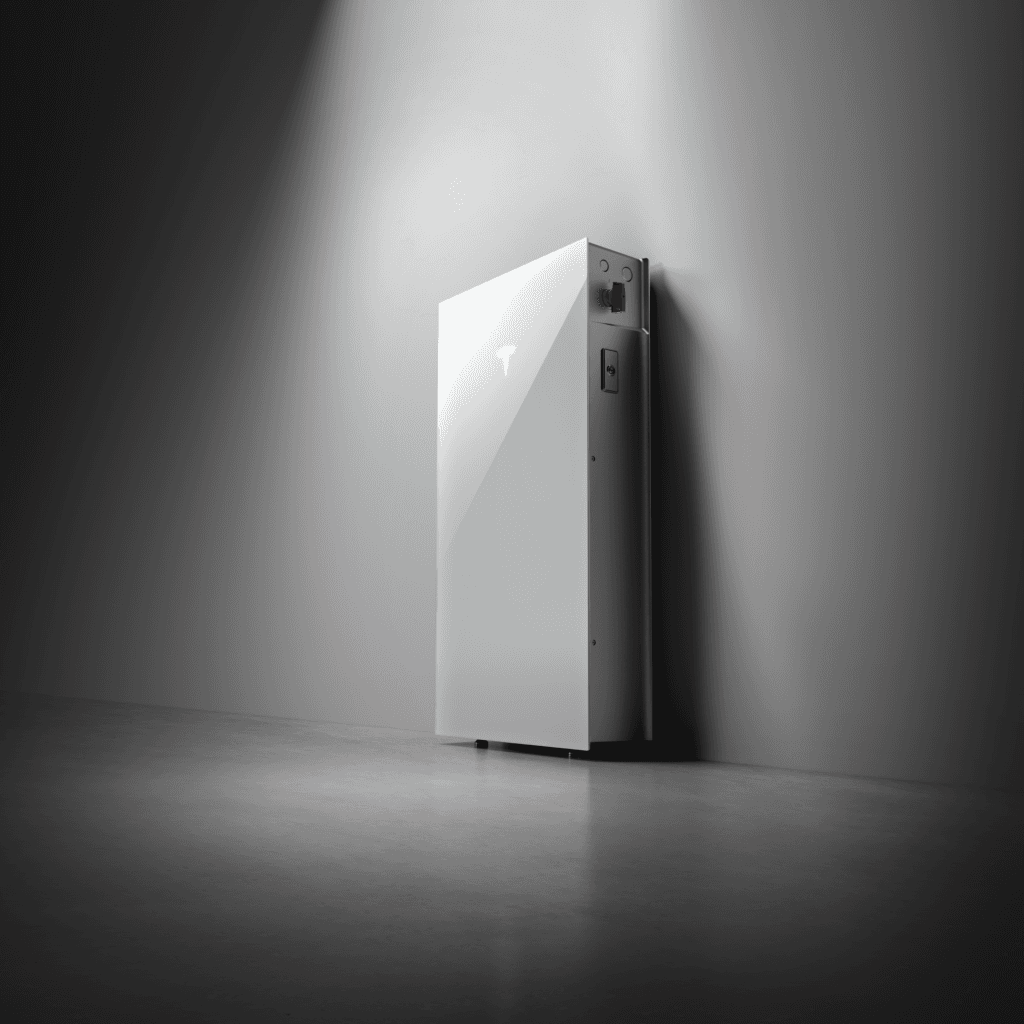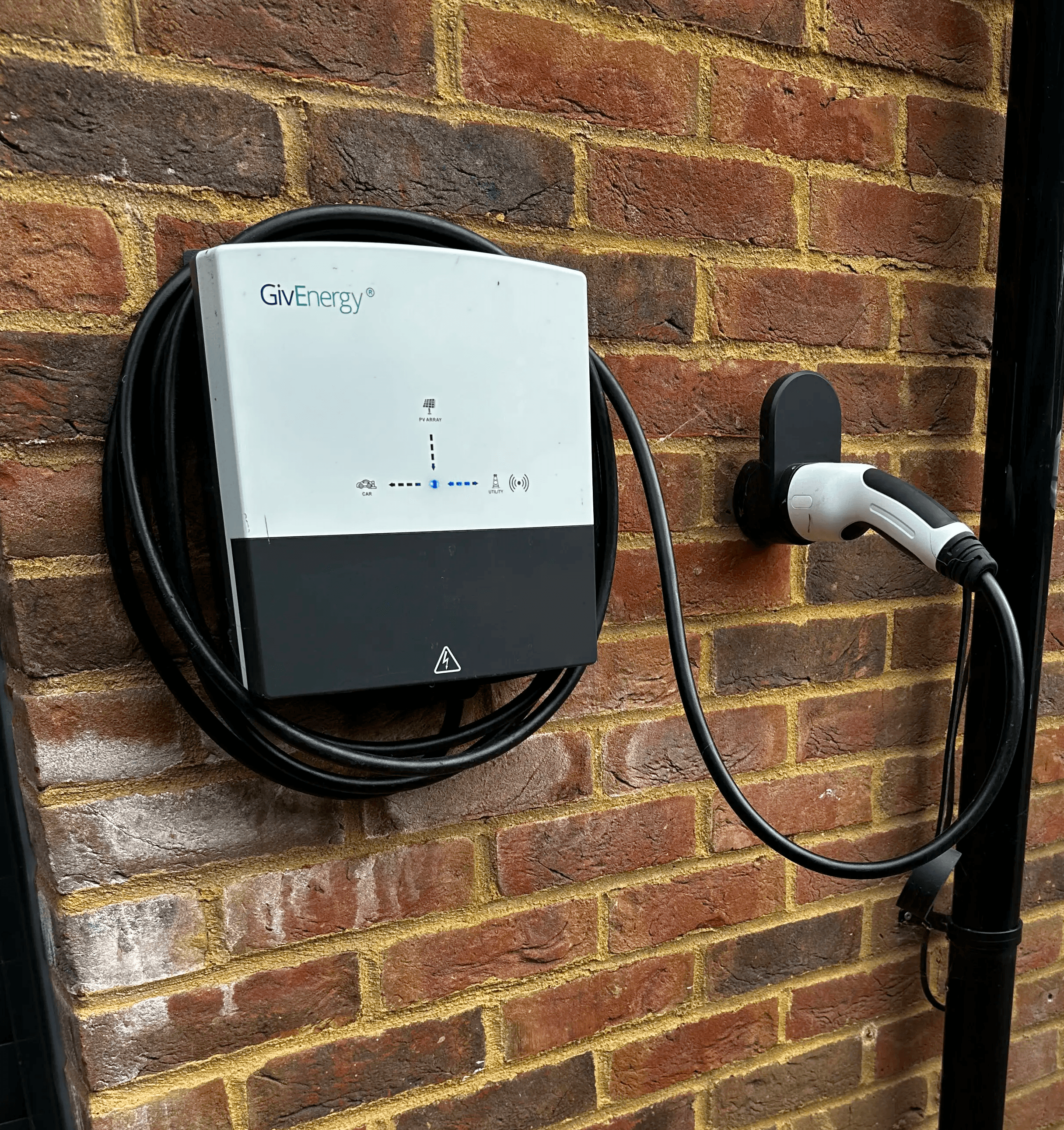EV Charge Points by Vehicle
In the UK, electric vehicles (EVs) use specific charging connectors based on their make and model. Understanding these connectors is crucial for efficient and safe charging.
Below is a breakdown of the common EV charging connectors and their associated vehicle brands:
1. Type 2 Connector (Mennekes)
Description:
The Type 2 connector has become the standard for AC charging across Europe, including the UK. It features a seven-pin design and supports charging speeds typically ranging from 7kW to 22kW AC.
Commonly Used By:
Most European and newer EV models, including Audi, BMW, Mercedes-Benz, Volkswagen, and Volvo. Tesla vehicles in the UK also use the Type 2 connector for AC charging. (Source: RAC)
2. Combined Charging System (CCS) Combo Type 2
Description:
The CCS Combo Type 2 connector combines the Type 2 design with two additional pins for rapid DC charging, supporting speeds of up to 350kW DC.
Commonly Used By:
A wide range of manufacturers, including Audi, BMW, Ford, Hyundai, Jaguar, Kia, Mercedes-Benz, Volkswagen, and Volvo. Tesla's Model 3 and newer models also support CCS for rapid DC charging. (Source: RAC)
3. CHAdeMO
Description:
CHAdeMO is a DC charging standard that supports rapid charging up to 50kW DC. It is being phased out in favour of CCS in many regions.
Commonly Used By:
Primarily Japanese manufacturers such as Nissan (e.g., the Nissan Leaf) and Mitsubishi (e.g., the Outlander PHEV). Newer models from these manufacturers are transitioning to CCS. (Source: RAC)
4. Type 1 Connector (SAE J1772)
Description:
An older standard with a five-pin design, supporting AC charging up to 7kW. It is less common in Europe and the UK.
Commonly Used By:
Some older models from Asian manufacturers, such as early versions of the Nissan Leaf and Mitsubishi Outlander PHEV. The use of Type 1 connectors has significantly declined. (Source: RAC)
5. Tesla Supercharger Connector
Description:
Tesla's proprietary connector for its Supercharger network, offering rapid DC charging. In Europe, Tesla has adopted the CCS standard for newer models and Supercharger stations.
Commonly Used By:
Tesla vehicles. Some Tesla Supercharger stations in the UK are now open to non-Tesla EVs equipped with CCS connectors. (Source: The Times)
Key Considerations
• Vehicle Compatibility: Always verify your EV's connector type to ensure compatibility with available charging stations.
• Charging Speeds: Charging speed depends on both the vehicle's onboard charger and the charger's capacity.
• Adapter Availability: Adapters exist for certain connector types, but they may affect charging speed and safety.
For the most accurate and up-to-date information, consult your vehicle's manual or contact the manufacturer. As EV infrastructure is continually evolving, staying informed about the latest developments is beneficial.

Posted by
Heidi Drewett
Marketing Manager
, Chiltern Solar
Heidi is consistently striving to provide you with the most accurate and helpful information about your solar solution.
Other contributors
Other team members that contributed to this article
Share this article
We'd really appreciate you helping to get the word out, you can share this page via any social media channels or to friends and family via WhatsApp.
Share on Facebook
Share on Twitter/X
Share on WhatsApp
Share via Email
Copy website address to clipboard
Other recommended news items
In our news items, we share company updates and commentary on wider events within the renewable energy market.

































